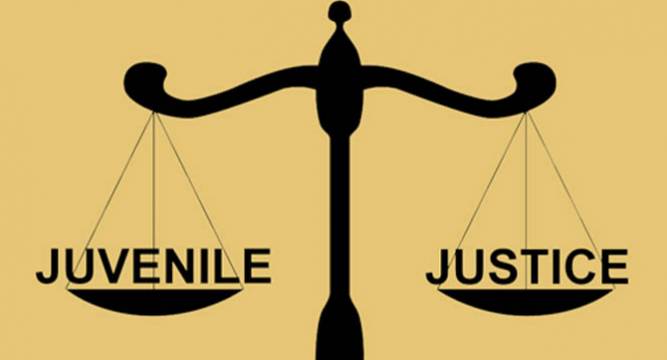There is no bar for grant of anticipatory bail to a child in conflict with law or a juvenile. Although Section 1(4) of the Juvenile Justice Care and Protection Act, 2015 (‘JJ Act’) begins with a non-obstante clause which operates in relation to Code of Criminal Procedure, but the same does not, in any manner, is inconsistent regarding the provisions of anticipatory bail under Section 438 CrPC for a juvenile or a child in conflict with law. But it is the discretion of the court concerned either to grant anticipatory bail or not, but the remedy of an anticipatory bail cannot be taken away from a juvenile or a child in conflict with law, if there is no specific bar to it.
A child in conflict with law cannot be left to be remedy-less till the time of his apprehension by the authority concerned or arrest whatever the case may be. Although Section 1(4) of the JJ Act starts with an non-obstante clause excluding the operation of any Act and specifically providing that the provisions of JJ Act shall apply to all matters concerning the child in need, care and protection and child in conflict with law, but does not, in any manner, bar the power of the Court to grant anticipatory bail under Section 438 CrPC.
A non-obstante clause operates in the areas covered in Sub-Section (i) and (ii) of Section 1 of JJ Act, under Sub-Section (i) apprehension, detention, prosecution, penalty or imprisonment, rehabilitation and social integration of child in conflict with law is provided. But the Act is silent at a stage prior to the apprehension or arrest by a child in conflict with law. There is no provision in Section 1 and Section 4 or elsewhere in the JJ Act making Section 438 CrPC inapplicable for offences punishable under the JJ Act.
The Legislature has not expressly barred the application under Section 438 CrPC. with regard to a juvenile or a child in conflict with law. If the Legislature had an intention to override the provision of Section 438 CrPC then the same have been expressly stated, that Section 438 CrPC shall not apply to a juvenile or a child in conflict with law. The Court said that in the Scheduled Castes and the Scheduled Tribes (Prevention of Atrocities) Act, 1989 an absolute bar on the application of Section 438 CrPC has been created. There is no express provision in the JJ Act stating that Section 438 CrPC shall not apply to a juvenile or a child in conflict with the law.
Sections 10 and 12 of the Act 2015 operate “after” a child alleged to be in conflict with law is apprehended. Thus, they refer to “post” apprehension stage. They do not refer to “pre” apprehension stage. Therefore, they cannot be in conflict with the provisions of Section 438 CrPC. The non-obstante clause used in Section 12 operates only when there is a conflict between the provisions of the CrPC and the provisions of Section 12 of the JJ Act. Since there is no conflict between the provisions of Section 438 of the CrPC and Section 10 or 12 of the JJ Act, therefore, availability of right under Section 438 CrPC. is not taken away to the detriment of a child.
Written By Adv Rohit Yadav


Quick service without compromising on quality.
cheap lisinopril
They make international medication sourcing effortless.